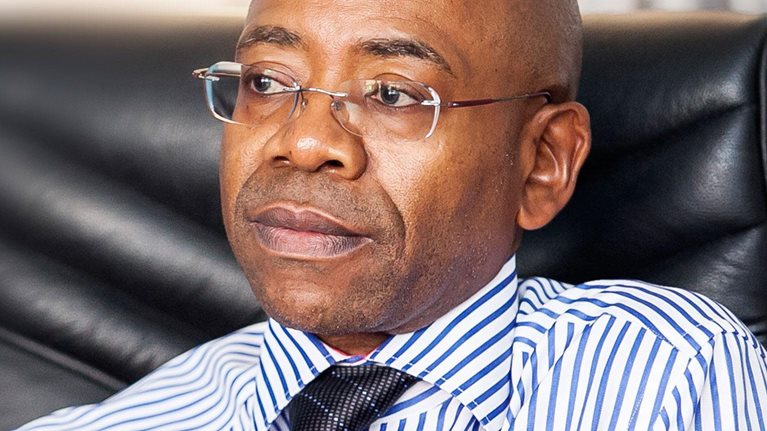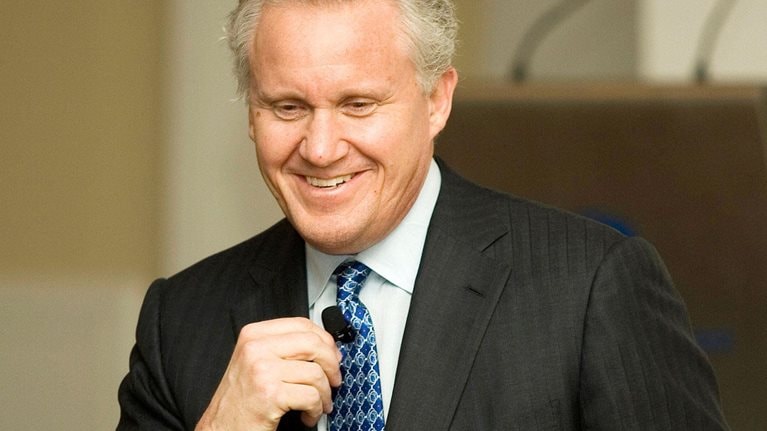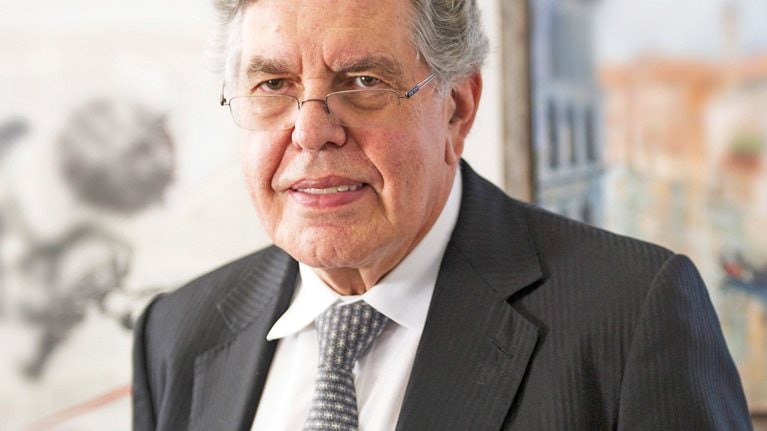In all the discussions about who’s responsible for the woes of this country and who will lead us forward, there’s one player that seems to get a free pass. I speak of big business. I believe that companies have a duty to help fix our nation, but they’ve been shirking that duty for 20 years.
Here’s why they must take responsibility. Although businesses that operated during apartheid like to cast themselves as innocent bystanders to an unjust system, they were not, in fact, innocent. Instead, they were implementers of oppressive policies, because to operate within that system—to get access to capital, to infrastructure, to the people that the system produced—they had to be part of the system.
I am not contending that business necessarily liked the policies of the Nationalist government. Some loved them more than others—that is undeniable. For many, it was a matter of complying with the laws of the time. Nevertheless, those laws dictated whom they could employ, particularly in executive or managerial positions; who could earn benefits like pensions; and who was allowed to eat in the canteen. Those businesses carried out those discriminatory laws.
Business could have made a clean breast of things back in 1995 and been part of the fresh start that so invigorated other institutions. Instead, the CEOs of apartheid-era big businesses chose not to participate in the Truth and Reconciliation Commission, a grave error in my opinion. As a CEO, you are compelled to take decisions for the benefit of those who follow you. Had they taken that opportunity to reflect on their role in a fundamentally unfair system and, coming out of that process, to institutionalize the necessary changes, they would be playing a much more meaningful role in the transformation of South Africa today. The relationship between big business and the government would also be in a far healthier state than it is, 21 years after we achieved democracy.
The role of business
The result is that our companies have not embraced their role as a force for positive change in South Africa. You can see it in the way their CEOs conduct themselves. Before I stick my hand up in the air to make a point about how a government policy has failed, I try to fix the problem myself. I am very careful to attempt an improvement before I speak out publicly.
Additionally, I make those criticisms within the borders of this country. I believe that business has a responsibility to protect our country’s image. I have my grievances with the government. But as soon as I pass the border post, I speak for South Africa, and all business leaders should do the same; they should be picking up the flag as they cross a border and holding it high. For example, when US presidents visit another country, they never fail to take with them a representative from a big American company, such as GE or Boeing. Even though the US government isn’t a shareholder in those businesses, the president backs them—from a distance—when he makes a state visit. I like that system because it is about the country. It’s about a national flag that moves between government and business with a common goal.
Innovative solution
So what should our business leaders be doing? As former key players in the apartheid state, big businesses must now be key players in the effort to dismantle the remnants of that state. Apartheid was a complex and sophisticated system for excluding blacks from any meaningful participation in the economy. It was executed with precision, with attention to the smallest details, and with all the intellectual capacity at the disposal of those in charge.
Dismantling it requires exactly the same properties—and the business community must play its part. In the years ahead, we should see business stepping up with innovative solutions rather than waiting for government to impose policies such as black economic empowerment or, worse still, being caught out in scandals of collusion, as have been seen in the construction sector and even the bread industry.
One of the biggest problems we face is in education, and here business could play a critical role. South Africa has long been acclaimed for its financial and legal systems. Our legal agreements are taken seriously by the world because we have a functioning court system that can respond if there is a grievance. But that sterling record is in imminent danger because we no longer have an adequate education system to support it. From primary schools to the quality of math and science education in general, the record is abysmal. Without a pipeline of well-educated young people to take their place in our executive suites, in our laboratories, and in our courtrooms, the quality of those institutions is at serious risk.
The problems in our schools are largely administrative and logistical, and these are areas in which business excels. For example, we have kids who are unable to learn because their textbooks never make it to the classroom and instead languish in warehouses. This is the kind of problem business could help solve. Of all the institutions necessary for the nation’s progress, education is foremost. It is essential to our future prosperity that we address this issue, and business must be a part of the solution.
Visionary leadership
Every company and every CEO has a role. Often just the way they conduct their daily business can be a powerful force for change. A great example of transformation that came without a big stick was at Munich Reinsurance Company of Africa (MRoA) under the leadership of former CEO Ernest Kahle back in the 1980s. I joined the company in the finance department during those years. MRoA was one of the few South African firms that not only employed black people in various positions but promoted them and gave them authority and responsibility.
Kahle modeled this attitude at all times, even when there were short-term costs. I remember an occasion when one of our most important clients came for lunch. The client refused to speak to the head of our Life Business because he happened to be black. Ernest was so infuriated that he returned all the client’s business with the message that he would only take the company back when this attitude changed. This was a Top 5 client. It takes a great deal of character and commitment to take that kind of stand, but if more companies were as scrupulous in their daily interactions we could truly move this country forward.
Ernest Kahle also rented two floors of our building to the African National Congress (ANC) when Nelson Mandela came out of prison, at a time when no one else would give them office space. I remember the day when Mr. Mandela first came to work in the offices; of course we all gathered in the canteen to meet him. In fact, the ANC’s headquarters today, Luthuli House, was originally an MRoA building.
Kahle also took on social problems arising from apartheid that affected his workforce. In the mid-80s, the schools in the townships were riddled with problems, so he arranged for the children of black employees, right down to the cleaners, to attend private schools, with the company paying the fees. The company’s enlightened attitude in that era is still conferring benefits today. Junior Ngulube, the current CEO, joined the company in 1987. He was able to rise through the MRoA pipeline because of the policies Kahle instituted. Junior is not a black executive coming from the outside to meet legislative requirements.
Contrast that courageous stance with the attitude in many boardrooms today. Previously, companies in South Africa were forced to recruit their talent from a very small pool. Now they are able to draw from a much bigger pool, but many simply choose not to do so. Every company should be out there competing for the very best blacks and the very best women in the country and then they should give them the same support as they give white male employees.
There are examples of companies that have embraced a more inclusive society—and profited from it. Telecom companies know that it is important to have women in the boardroom because they are the biggest consumers of phones, next to corporate customers. Telecoms know that chauvinism is bad for business.
I am an optimist about South Africa. I know we can take our place in the first rank. We have the people, we have the resources, and we have the will, but getting there will require everyone to do their part. We just need to get started.
This essay is one of 20 from the book Reimagining South Africa, edited by McKinsey & Company. For more information, visit the McKinsey South Africa website.


